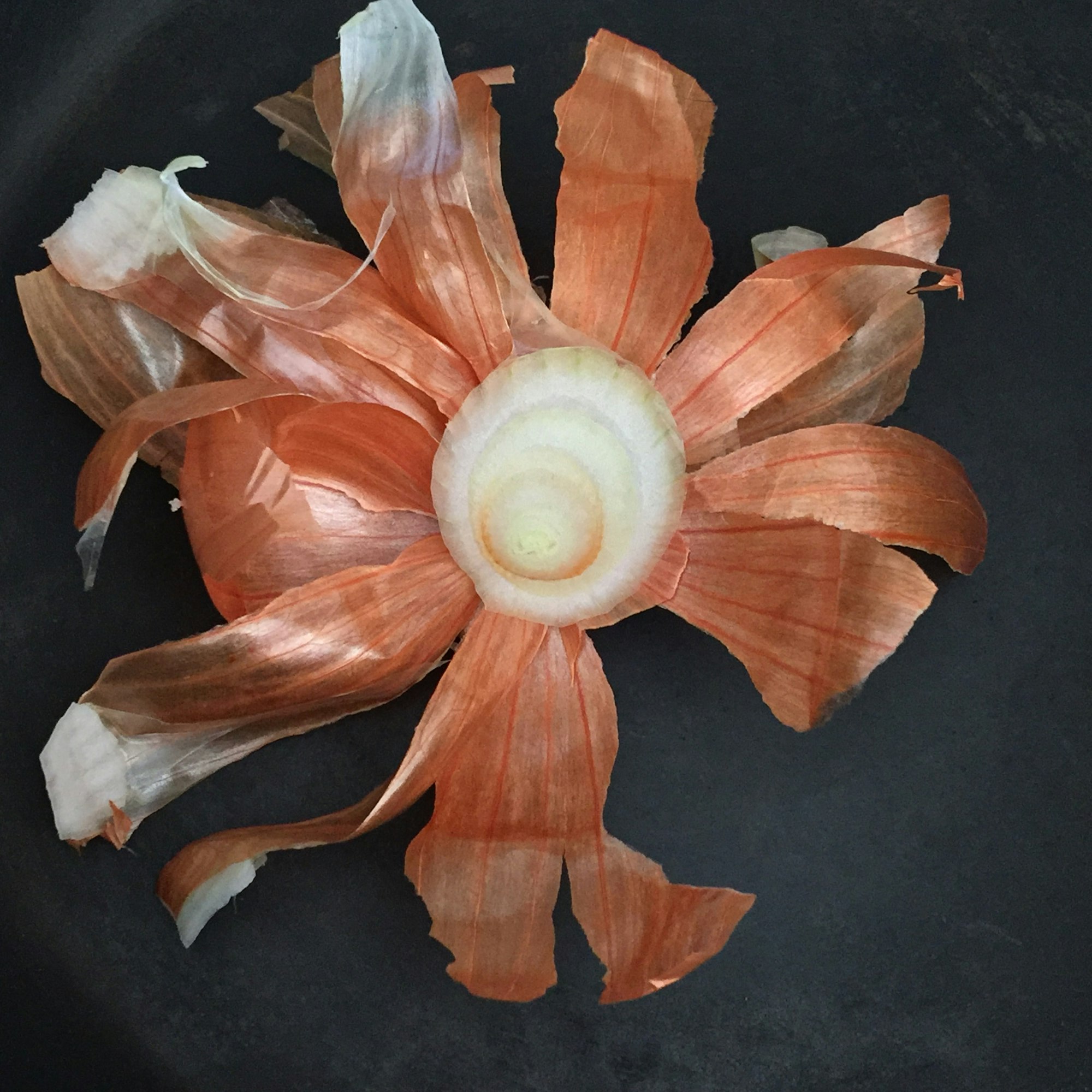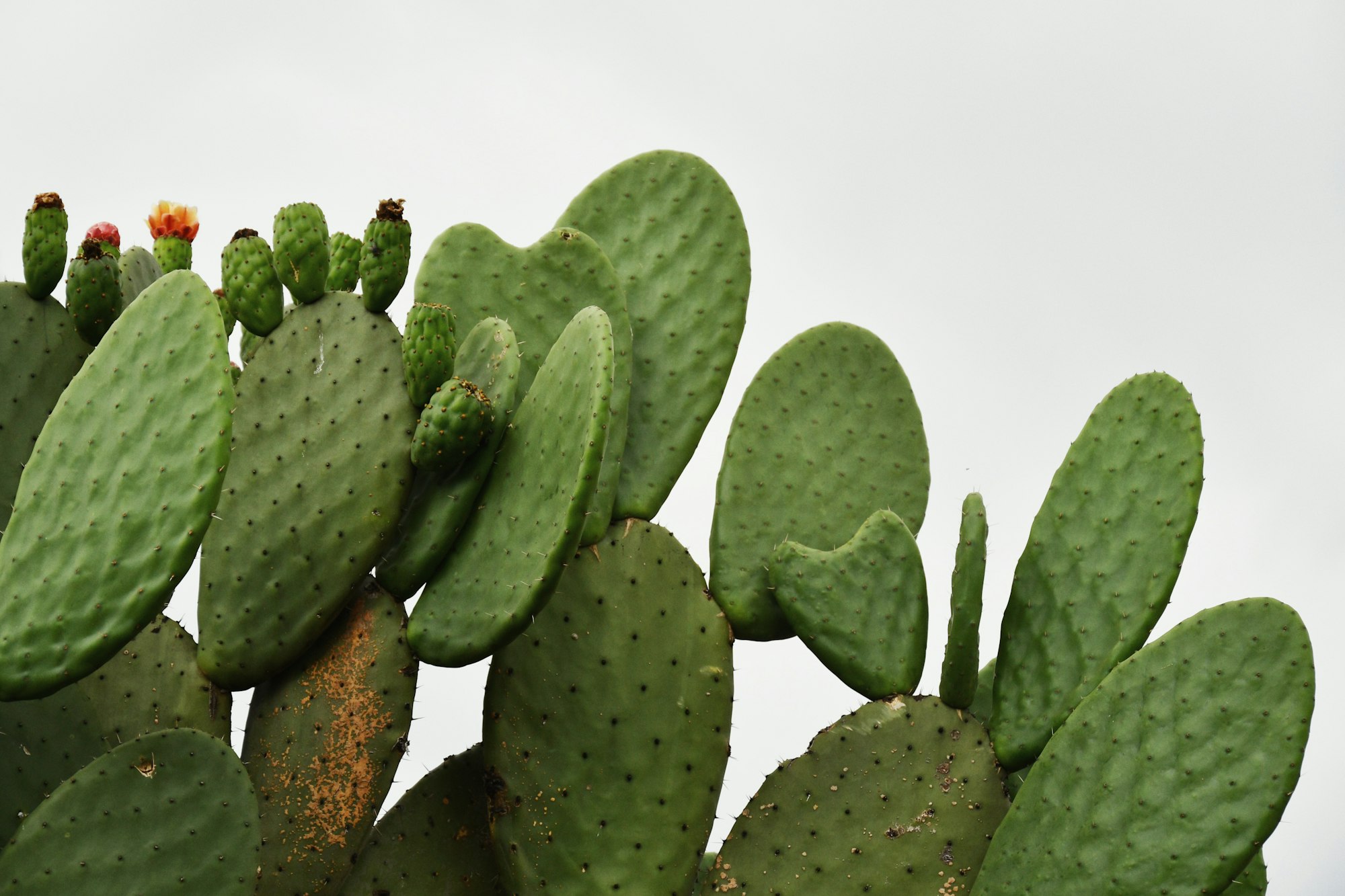Wear it into the ground
Onion packaging, cactus clothing | By Iman Hirji

Innovative companies around the world are turning to surprising organic solutions to the twin environmental scourges of fabric waste and plastic packaging: onions and cacti.
According to statista.com, it is estimated that UK households throw away a staggering 100 billion pieces of plastic packaging a year, averaging 66 items per household per week.
Huid (pronounced How-d) is a UK-based company which creates packaging made from onion skins. While single-use plastic takes decades just to break down into smaller pieces, onion skin is completely biodegradable.
Renuka Ramanujam, the creator of the brand, told Footprint that her interest in plastic alternatives started at university where she “started looking into the make-up of materials, specifically ink which than led to other materials and the process of creating them”.
Renuka explains that the drive to create Huid began when worked at a bio-design institute creating insulation panels using locally-spent beer grain. This eco-friendly project made an impact and inspired Renuka, who had already been using onion skins to dye textiles and make paper: “I made them on my bedroom floor using recipes I found online.”
While Huid is currently focused on packaging, Renuka adds that onion extracts “can also be made into a binder for natural paints, or a gel for waste water treatment or even as a binding agent in concrete”.
The brand is at “a very early stage”, with testing still ongoing, but the long-term plan for Huid is, she says, “to get with big retailers such as Lidl and Sainsburys” and “working with local suppliers to help make a difference with agriculture”.

Another highly wasteful area is clothing. In the UK alone, 1.2m tonnes of clothing and fabric waste ends up in landfill annually, with the average garment being worn just 10 times.
Leather clothes and shoes tend to last longer but are made from the hides of cattle farmed for beef – a major cause of global greenhouse gas emissions and deforestation.
Alternatives to leather have been around for many years, but these often involve plastics which are a by-product of the oil industry. However, one company has created a natural and environmentally friendly option.
Desserto, founded in Mexico by Adrián López Velarde and Marte Cázarez, makes wearable leather from cacti. These resilient and fast-growing plants thrive in arid conditions and require minimal water, land, and maintenance.
As well as making cactus, or nopal leather for clothing, the brand also works with car companies such as Mercedes Benz to make eco-friendly car interiors and designers such as Givenchy, making a cactus leather lid for a lip gloss.
With the garment and packaging industries slowly introducing more eco-friendly alternatives, the journey toward a plastic and waste-free world is ongoing, but we as consumers must play our part by embracing these sustainable innovations.
Written by Iman Hirji

